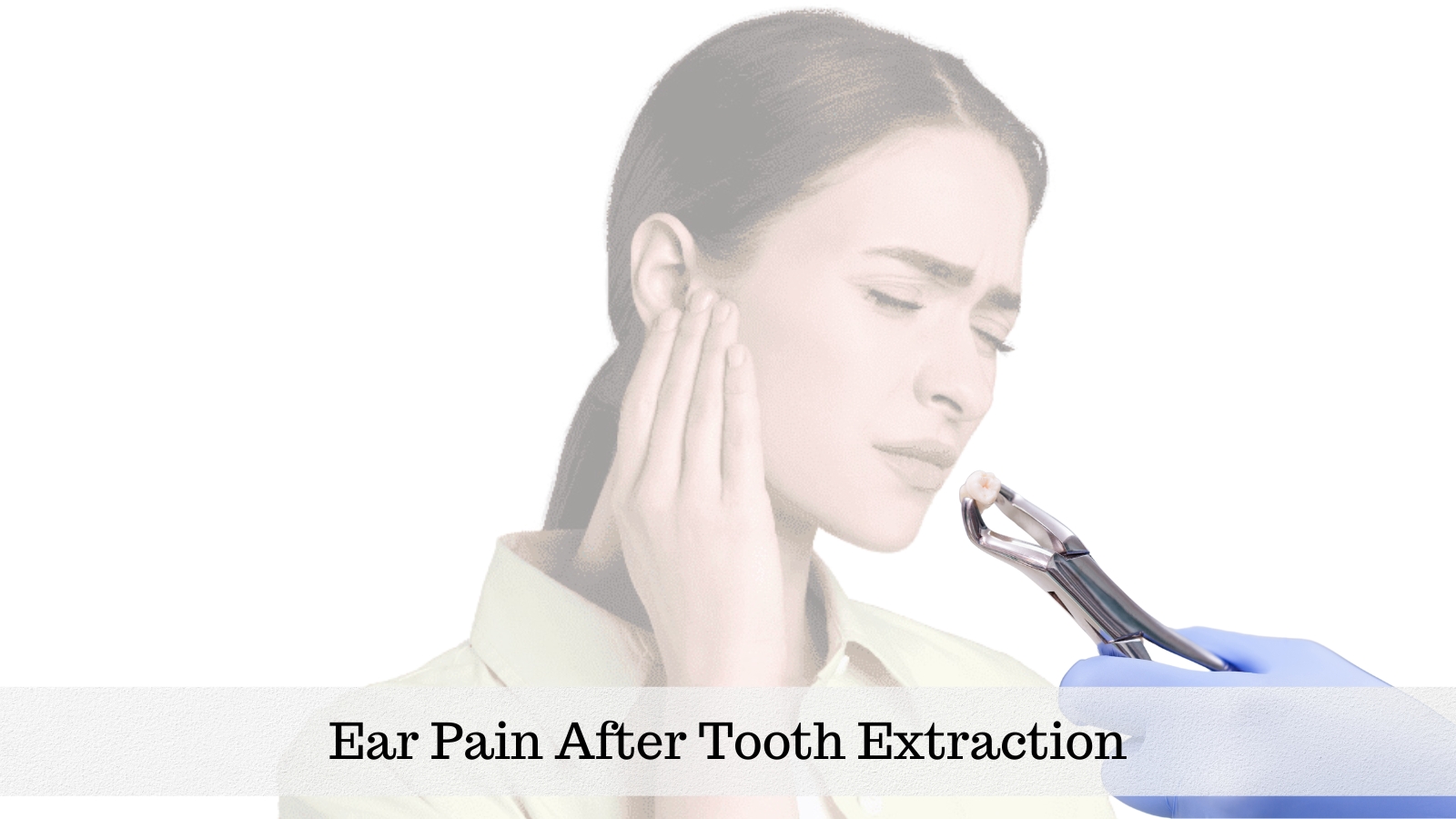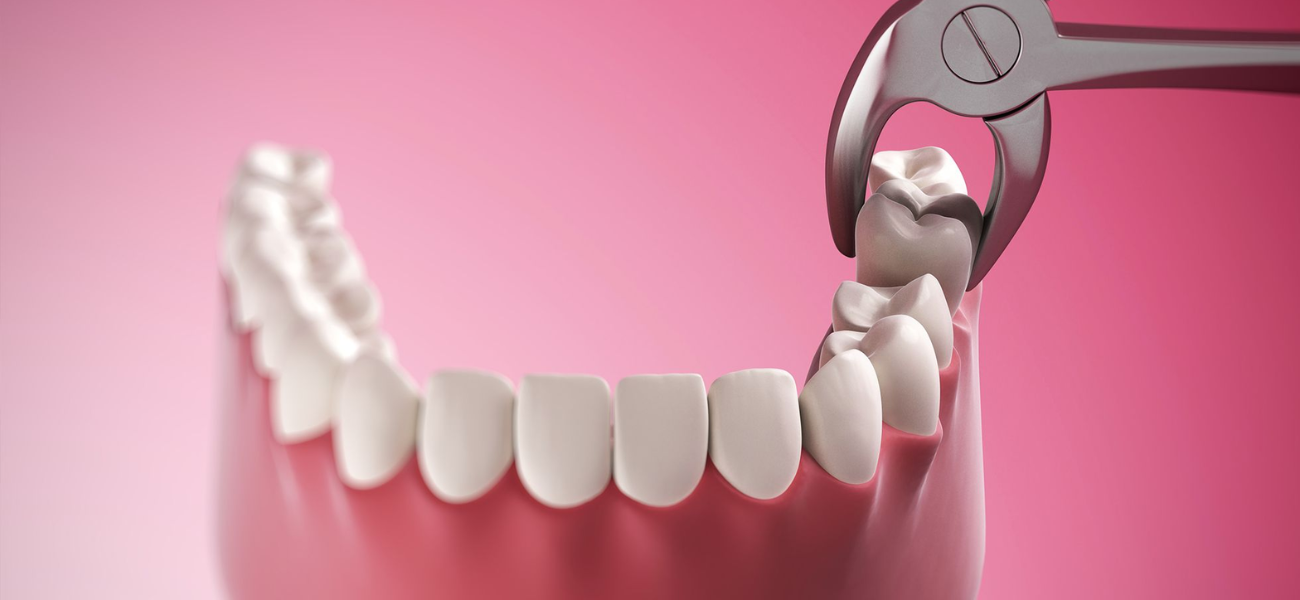Is It Normal To Have Ear Pain After Tooth Extraction? Chatsworth, CA

Tooth extractions can feel daunting, but the recovery process is often where the real questions start popping up. One of the most unexpected side effects some people experience after a tooth extraction is ear pain. You’ve just had a tooth pulled, so why does your ear suddenly hurt? Is it connected? And more importantly, is it normal? Let’s dive into why ear pain happens after tooth extraction when it’s a cause for concern and how you can find relief.
Why Does Ear Pain Happen After Tooth Extraction?
The mouth and ears are closer neighbors than you might think, connected by nerves that run through the jaw and up to the ear. When a tooth is extracted, especially a wisdom tooth or molar, the nerves in that area can be affected. It’s common for this disruption to radiate pain elsewhere, including the ear.
The pain you feel in your ear after a tooth extraction is likely called pain. This happens when pain from one part of the body is perceived elsewhere due to nerve pathways. The nerves in your mouth and jaw share some of the same paths as those in your ears. So, while your ear may not be the actual source of pain, it’s reacting to the trauma your jaw has just gone through.
Is Ear Pain After Tooth Extraction Normal?
Experiencing some ear discomfort following a tooth extraction is relatively normal, especially if you had a more complex procedure like removing a molar or impacted wisdom tooth. Your body is healing; part of that healing process includes inflammation around the extraction site. This swelling can pressure the surrounding nerves, triggering sensations in your ear.
That said, while ear pain isn’t unusual, it shouldn’t be overwhelming. If the discomfort is mild and subsides over the first few days after your extraction, it’s typically nothing to worry about. However, if the pain worsens, persists, or is accompanied by other concerning symptoms, it’s worth checking in with your dentist or oral surgeon.
When Should You Be Concerned?
Ear pain that lingers or becomes more intense could signify complications. Knowing the difference between normal post-extraction pain and something more serious is vital to preventing more significant issues.
Here are a few warning signs to keep an eye on:
Pain that doesn’t improve: If your ear pain lasts longer than a few days or intensifies, it may point to something more than just referred pain.
Fever or infection: If you develop a fever, experience swelling, or notice foul-smelling discharge from the extraction site, an infection might be brewing. Ear pain could be one of the body’s ways of alerting you.
Dry socket: One of the more common complications after a tooth extraction is a condition called dry socket. This occurs when the blood clot that forms in the socket after the tooth is removed becomes dislodged or dissolves, exposing bone and nerves. A dry socket can cause severe pain that may radiate to your ear, jaw, or temple.
Sinus issues: Sometimes, upper tooth extractions, particularly those involving molars, can affect the sinuses. If the extraction site is near the sinus cavities, you may feel discomfort in your ear and nasal area.
If any of these signs sound familiar, contact your dentist right away. Early intervention can prevent more serious issues from developing.
What Can You Do to Alleviate Ear Pain?
Dealing with ear pain after tooth extraction can be frustrating, but there are several steps you can take to ease the discomfort and promote healing. Here are a few tips to help you through the process:
1. Stick to Soft Foods: Your mouth will need time to heal, so opt for soft, easy-to-eat foods for the first few days. Avoid anything that requires too much chewing, as this could aggravate the extraction site and worsen your pain.
2. Cold Compresses: Applying an ice pack to the outside of your cheek can help reduce swelling and numb the area, which may relieve jaw and ear pain. Try using a cold compress in 15-minute intervals throughout the day.
3. Take Over-the-counter Pain Relievers: Non-prescription pain relievers like ibuprofen or acetaminophen can help reduce inflammation and alleviate discomfort. Always follow the dosage instructions on the packaging or consult your dentist for advice on pain management.
4. Keep the Area Clean: Proper oral hygiene is critical to avoid infection. Gently rinse your mouth with a saltwater solution to help keep the extraction site clean. Avoid spitting forcefully or using straws, as this can dislodge the clot and lead to a dry socket.
5. Elevate Your Head: When resting, try propping your head up with extra pillows. Elevating your head can reduce swelling and alleviate pressure contributing to ear pain.
6. Avoid Smoking: Smoking can interfere with the healing process and increases the risk of developing dry sockets. If you smoke, it’s crucial to avoid the habit for at least a few days after your extraction.
How Long Does Ear Pain Last After Tooth Extraction?
For most people, any ear pain related to tooth extraction subsides within a few days to a week. The discomfort should lessen as the swelling goes down and the extraction site begins to heal. If your ear pain lingers beyond this timeframe or gets worse, it’s essential to follow up with your dentist.
Complications like dry sockets or infection are treatable, but catching them early is crucial for a smooth recovery. The key is to listen to your body and monitor how your symptoms progress.
Ear pain after tooth extraction can be surprising, but it’s usually part of the healing process. Understanding the connection between your teeth, nerves, and ears helps explain why this happens, and knowing what’s expected can bring peace of mind.
If your ear pain is mild and gradually improves, rest assured that your body is doing what it needs to heal. But if something feels off, don’t hesitate to consult a specialist for advice. Taking a proactive approach to your recovery ensures that potential complications are dealt with quickly so you can return to feeling your best.



